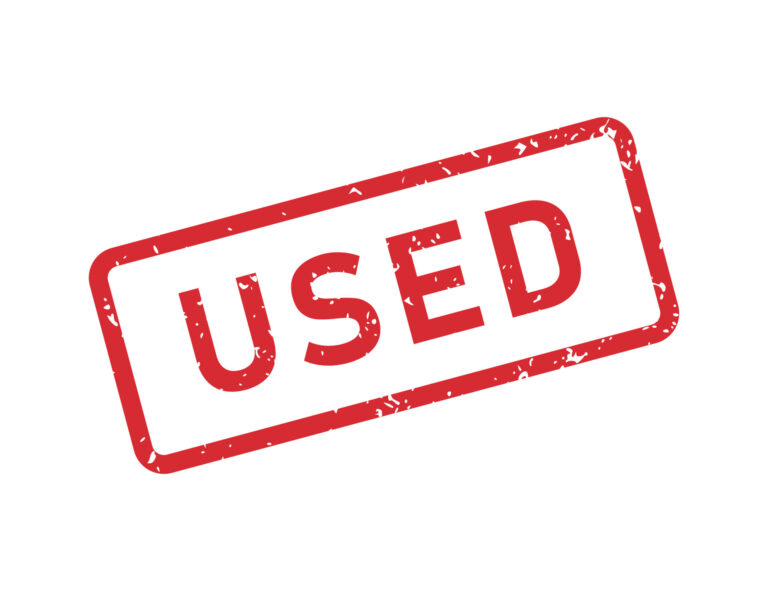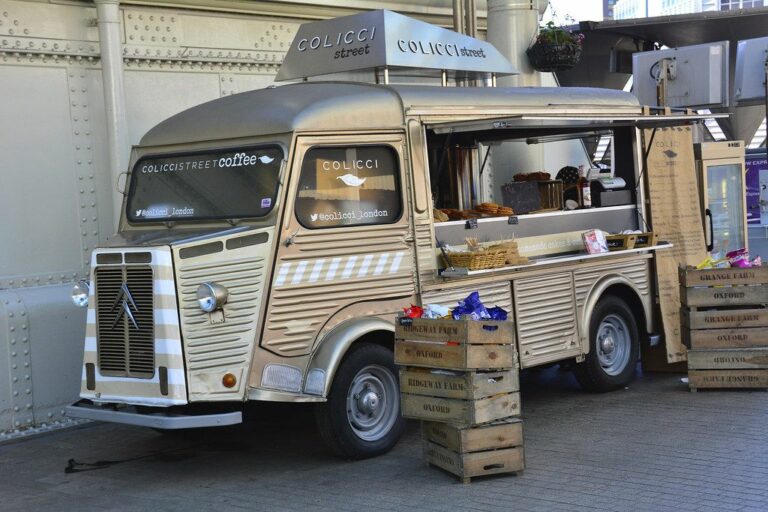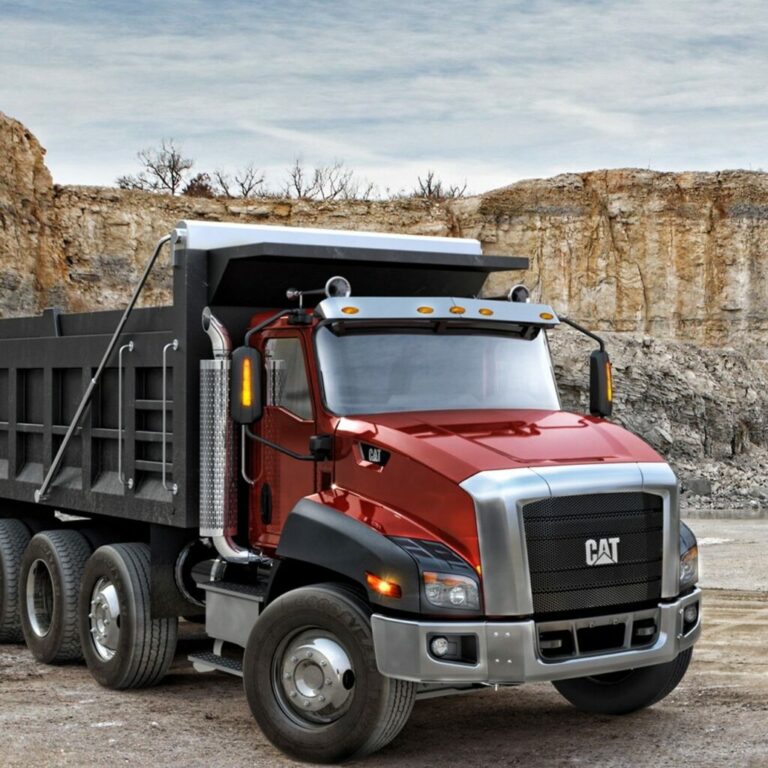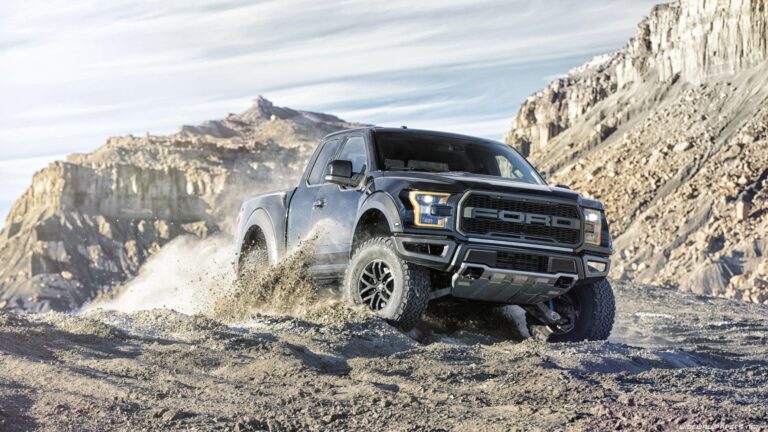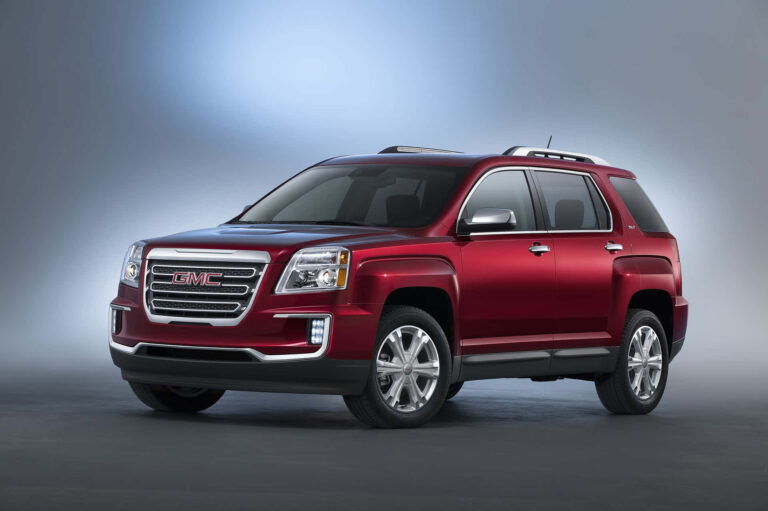CDL Trucks For Sale Near Me: Your Comprehensive Guide to Finding the Right Commercial Vehicle
CDL Trucks For Sale Near Me: Your Comprehensive Guide to Finding the Right Commercial Vehicle cars.truckstrend.com
In the vast and vital world of commercial transportation, a reliable truck isn’t just a vehicle; it’s the very foundation of your livelihood. Whether you’re an aspiring owner-operator, a growing small business, or an established fleet looking to expand, the quest for "CDL trucks for sale near me" is a critical first step. This phrase signifies more than just a geographical preference; it embodies the desire for convenience, accessibility for inspection, and the potential to tap into local market advantages. Understanding what constitutes a CDL truck, where to find one, and the crucial steps involved in making an informed purchase near your location is paramount to success in this capital-intensive industry. This guide will walk you through every essential aspect, ensuring you’re well-equipped to find the perfect commercial vehicle that meets your operational needs and budget.
Understanding CDL Trucks: Types and Classifications
CDL Trucks For Sale Near Me: Your Comprehensive Guide to Finding the Right Commercial Vehicle
Before diving into the search, it’s vital to grasp what defines a "CDL truck" and the various categories they fall into. A CDL (Commercial Driver’s License) is required to operate specific types of heavy vehicles in interstate commerce, primarily determined by their Gross Vehicle Weight Rating (GVWR), Gross Combination Weight Rating (GCWR), or the type of cargo/passengers they transport.
-
CDL Classifications:
- Class A CDL: Required for any combination of vehicles with a GCWR of 26,001 pounds or more, provided the GVWR of the vehicle(s) being towed is in excess of 10,000 pounds. This includes the most common semi-trailer trucks, tractor-trailers, tanker trucks, and livestock carriers.
- Class B CDL: Required for a single vehicle with a GVWR of 26,001 pounds or more, or a vehicle towing a vehicle not in excess of 10,000 pounds GVWR. Examples include large straight trucks, box trucks (delivery trucks), dump trucks, garbage trucks, and passenger buses.
- Class C CDL: Required for vehicles that do not meet the criteria for Class A or B, but are designed to transport 16 or more passengers (including the driver), or transport hazardous materials (HAZMAT) requiring a placard.
-
Common CDL Truck Types You’ll Encounter:
- Semi-Trucks (Tractors): The most recognizable Class A trucks, used to pull various types of trailers (dry vans, flatbeds, reefers, tankers).
- Box Trucks/Straight Trucks: Often Class B, used for local deliveries, moving, and freight transport.
- Dump Trucks: Class B or A (if pulling a pup trailer), essential for construction, aggregate, and debris hauling.
- Tanker Trucks: Can be Class A or B, specialized for liquid or gas transport.
- Flatbed Trucks: Class A or B, used for oversized or irregular loads.
- Refrigerated Trucks (Reefers): Often semi-trailers (Class A) but also available as straight trucks (Class B), used for temperature-sensitive cargo.

Understanding these classifications helps narrow your search and ensures you’re looking at trucks that align with your intended operations and the type of CDL you possess or plan to acquire.
Why "Near Me" Matters When Buying a CDL Truck
The geographical proximity of a potential truck purchase offers significant advantages that extend beyond mere convenience.
- Crucial for Physical Inspection and Test Drive: Unlike smaller consumer vehicles, a CDL truck is a massive investment. Being able to physically inspect the vehicle, check for rust, wear and tear, and conduct a thorough test drive is non-negotiable. Proximity reduces travel costs and makes multiple visits feasible if necessary.
- Reduced Logistics and Transport Costs: Purchasing a truck far away means incurring significant costs for transportation, potentially involving permits, fuel, and driver wages to bring it to your location. Buying locally minimizes these immediate post-purchase expenses.
- Access to Local Service and Parts: Establishing a relationship with local dealerships or independent repair shops familiar with your truck’s make and model can be invaluable for ongoing maintenance and future repairs. Buying "near me" often means the seller might be a local dealer, offering post-sale support.
- Understanding Local Market Dynamics: Prices for commercial vehicles can vary by region due to demand, local industries, and availability. Buying locally allows you to gauge the fair market value in your specific area, preventing overpayment or missing out on a good deal.
- Easier Due Diligence: Verifying a seller’s reputation, checking local registration requirements, and accessing independent mechanics for pre-purchase inspections (PPIs) are all simpler when conducted within your local network.
Where to Find CDL Trucks For Sale Near You
The digital age has revolutionized how we search for everything, and CDL trucks are no exception. However, a multi-pronged approach combining online and offline strategies is often the most effective.
-
Online Marketplaces & Aggregators:
- Dedicated Commercial Truck Websites: Websites like TruckPaper.com, CommercialTruckTrader.com, MyLittleSalesman.com, and RitchieSpecs.com are powerhouses for finding commercial vehicles. They allow you to filter by location, make, model, year, and truck type.
- General Classifieds (with caution): Craigslist and Facebook Marketplace can occasionally yield local gems, but exercise extreme caution due to the higher risk of scams. Always insist on physical inspection and secure payment methods.
- Manufacturer Certified Pre-Owned Programs: Brands like Freightliner, Peterbilt, Kenworth, Volvo, Mack, and International often have certified used truck programs on their websites, offering trucks that have undergone rigorous inspections and may come with limited warranties.
-
Dealerships (New & Used):
- Franchise Dealerships: Visiting local dealerships for major brands provides access to both new and used inventory. They often have financing options, service departments, and knowledge about their specific truck lines.
- Independent Used Truck Dealers: These dealers specialize in a wide range of used commercial vehicles from various manufacturers. They can be a great source for diverse inventory and competitive pricing.
-
Auctions:
- Public and Online Auctions: Companies like Ritchie Bros. Auctioneers, IronPlanet, and GovPlanet regularly hold auctions for commercial trucks. While offering potential deals, buying at auction requires expertise in assessing truck condition quickly, as "as-is, where-is" is common.
- Fleet Liquidations: Large companies upgrading their fleets often sell off older trucks in bulk. Keep an eye out for announcements from major logistics or construction companies.
-
Private Sellers:
- Networking: Word-of-mouth within the trucking community can lead to private sales. Attend local truck stops, industry events, or join online forums.
- Local Classifieds: Though less common now, some local newspapers or specialized industry publications might still carry listings.
Key Considerations Before Buying a Used CDL Truck
Purchasing a used CDL truck is a complex decision. Diligent research and a thorough evaluation process can save you significant headaches and expenses down the road.
- Define Your Intended Use and Budget: What will the truck primarily be used for (long-haul, local delivery, construction, specialized transport)? This determines the necessary GVWR, engine power, transmission type, and body style. Establish a realistic budget, factoring in not just the purchase price but also financing, insurance, initial maintenance, and potential upgrades.
- Condition and Maintenance Records (The Golden Rule): This is paramount. Always request comprehensive maintenance records. Look for a consistent service history, detailing oil changes, major repairs, and preventative maintenance. A well-maintained high-mileage truck can often be a better buy than a low-mileage truck with a spotty history.
- Pre-Purchase Inspection (PPI) by an Independent Mechanic: Never skip this step for a used truck. Hire a qualified, independent heavy-duty mechanic to perform a thorough inspection of the engine, transmission, brakes, suspension, tires, electrical system, and structural components. This can uncover hidden issues that might otherwise cost you thousands.
- Engine and Transmission Health: These are the heart and soul of your truck. Inquire about the make and model of the engine (e.g., Cummins, Detroit Diesel, PACCAR, Volvo, MaxxForce) and transmission (e.g., Eaton Fuller, Allison). Research their known reliability, common issues, and cost of repairs. Listen for unusual noises during the test drive.
- Tires and Brakes: These are major wear items. Check tire tread depth, uneven wear patterns, and the age of the tires. Inspect brake pads, drums/rotors, and air lines. Replacing a full set of tires can be a significant expense.
- DOT Compliance and Safety Features: Ensure the truck meets current Department of Transportation (DOT) regulations. Check all lights, reflective tape, fire extinguisher, and warning triangles. Modern trucks may also have advanced safety features like collision mitigation systems, lane departure warnings, and stability control.
- Cab Interior and Features: While less critical than mechanicals, a comfortable and functional cab is important for driver productivity and well-being. Check the condition of seats, dashboard, HVAC system, and electronics.
- Resale Value: Some truck makes and models hold their value better than others. Consider this if you anticipate upgrading in the future.
The Buying Process: A Step-by-Step Guide
Once you’ve identified potential "CDL trucks for sale near me," follow a structured process to ensure a smooth and confident purchase.
- Define Your Needs and Budget Precisely: Revisit your operational requirements and financial limits. This clarity will guide your search and prevent impulse buys.
- Research and Locate Trucks: Utilize the online and offline resources mentioned above. Create a shortlist of trucks that match your criteria.
- Initial Inquiry and Vetting: Contact sellers. Ask detailed questions about the truck’s history, mileage, maintenance records, reason for selling, and any known issues. Request additional photos or videos.
- On-Site Inspection and Test Drive: Schedule an appointment to see the truck in person. Perform a walk-around, check fluids, listen to the engine start, and take it for a comprehensive test drive under various conditions (empty and ideally with a load).
- Pre-Purchase Inspection (PPI): If the truck passes your initial inspection and you’re seriously considering it, arrange for an independent heavy-duty mechanic to perform a thorough PPI. This is your best defense against unexpected repairs.
- Negotiation: Armed with the PPI report and your research, negotiate the price. Be prepared to walk away if the seller isn’t reasonable or if the PPI reveals significant unaddressed issues. Consider contingencies based on the PPI findings.
- Secure Financing and Complete Paperwork: If financing, have your loan pre-approved. Once a price is agreed upon, ensure all paperwork is correctly handled: bill of sale, title transfer, odometer disclosure, and any necessary state-specific forms. Understand any sales taxes, registration fees, and licensing requirements.
- Insurance: Obtain proper commercial truck insurance before taking possession of the truck.
- Post-Purchase Considerations: Schedule initial preventative maintenance, register the truck, apply for necessary permits (e.g., IFTA, UCR), and plan your first routes.
Challenges and Solutions in Your Search
The journey to finding the right CDL truck can present obstacles, but most have viable solutions.
- Challenge: Finding the "Perfect" Truck Locally. Your ideal truck might not be available "near me."
- Solution: Be flexible with your criteria (e.g., a slightly older model, different engine make). Expand your search radius slightly. Sometimes, the cost of transporting a truck from a few hundred miles away is less than settling for a suboptimal local option.
- Challenge: Hidden Mechanical Problems. Used trucks inherently carry risk, and some sellers may not be fully transparent.
- Solution: The PPI is your ultimate safeguard. Do not skip it. Also, research common issues for specific makes/models you’re considering.
- Challenge: Securing Financing. Especially for new owner-operators or those with limited credit history, traditional financing can be difficult.
- Solution: Explore specialized commercial truck financing companies, which often have more flexible criteria. Consider a larger down payment or a co-signer. Look for dealers offering in-house financing.
- Challenge: Market Fluctuations. Prices can change based on demand, fuel costs, and economic conditions.
- Solution: Monitor the market for a few weeks before you’re ready to buy to understand trends. Be prepared to act quickly when a good deal emerges.
- Challenge: Online Scams and Misrepresentations. Listings can be fraudulent or misrepresent a truck’s condition.
- Solution: Never purchase a truck sight unseen without a trusted third-party inspection and secure payment methods (e.g., escrow). Be wary of deals that seem "too good to be true." Always verify seller identity and truck VIN.
CDL Truck Price Estimates (Illustrative)
Please note that prices for CDL trucks vary wildly based on make, model, year, mileage, condition, engine type, transmission, specific features, and regional market demand. The table below provides illustrative estimated price ranges for common types of used CDL trucks in good to excellent condition. These are not definitive and should only serve as a general guide.
| Truck Type | Year Range | Condition/Mileage | Estimated Price Range (USD) | Key Features/Notes |
|---|---|---|---|---|
| Class 8 Semi-Truck (Tractor) | 2010-2014 | High Mileage (500k-900k+) | $25,000 – $55,000 | Older models, good for entry-level; often require immediate maintenance; may lack modern safety features. |
| Class 8 Semi-Truck (Tractor) | 2015-2018 | Mid-Range (300k-500k) | $60,000 – $95,000 | Good balance of age, technology, and price; likely has DPF/SCR systems; generally reliable with good maintenance history. |
| Class 8 Semi-Truck (Tractor) | 2019-2023 | Low Mileage (<300k) | $100,000 – $180,000+ | Newer, more fuel-efficient engines; advanced safety features; may still have factory or extended warranty. |
| Class 6/7 Box Truck (26 ft) | 2014-2018 | Mid-Range (150k-300k) | $30,000 – $60,000 | Common for local delivery, moving; often diesel but some gasoline options; check liftgate condition. |
| Class 8 Dump Truck | 2010-2015 | High Use (200k+ miles) | $45,000 – $80,000 | Heavy-duty usage; inspect frame, suspension, and dump body hydraulics carefully; often higher engine hours than miles. |
| Class 8 Dump Truck | 2016-2020 | Mid Use (100k-200k miles) | $85,000 – $150,000 | More modern engines and comfort; check for rust in severe operating environments. |
| Flatbed Truck (Class 7/8) | 2012-2017 | Mid-High Mileage | $40,000 – $90,000 | Versatile for various loads; check deck condition, winch, and tie-down points. |
Frequently Asked Questions (FAQ)
-
Q: What exactly is a CDL truck?
A: A CDL truck is any commercial motor vehicle that requires the driver to possess a Commercial Driver’s License (CDL) to operate legally on public roads. This is generally determined by the vehicle’s Gross Vehicle Weight Rating (GVWR), Gross Combination Weight Rating (GCWR), or if it carries hazardous materials or a large number of passengers. -
Q: Do I need a CDL to buy a CDL truck?
A: No, you do not need a CDL to purchase a CDL truck. However, you will need a valid CDL of the appropriate class to legally drive it on public roads. If you don’t have one, you’ll need to arrange for a CDL-holding driver or transport service. -
Q: What’s the average lifespan of a commercial truck?
A: With proper maintenance, a modern semi-truck engine can last well over 1,000,000 miles. The truck chassis and components can also last for many years, often 15-20 years or more, before reaching the end of their economic life. -
Q: How much does a pre-purchase inspection (PPI) cost for a CDL truck?
A: The cost of a comprehensive PPI for a CDL truck can range from $300 to $800, depending on the mechanic’s rates, the depth of the inspection, and the truck’s complexity. This is a small investment that can save you tens of thousands in future repairs. -
Q: Can I finance a used CDL truck?
A: Yes, absolutely. Many lenders specialize in commercial truck financing, offering loans for both new and used vehicles. Interest rates and terms will depend on your credit history, down payment, and the age/condition of the truck. -
Q: What are the ongoing costs of owning a CDL truck?
A: Beyond the purchase price, ongoing costs include fuel, insurance (often significant), preventative maintenance, repairs, tires, permits (IFTA, UCR, state-specific), tolls, and potential parking fees. Budgeting for these operating expenses is crucial for profitability.
Conclusion
Finding "CDL trucks for sale near me" is more than a simple online search; it’s a strategic undertaking that requires diligent research, careful evaluation, and a keen understanding of the commercial trucking landscape. By defining your needs, thoroughly exploring local and online marketplaces, and committing to a rigorous inspection process—especially the indispensable pre-purchase inspection—you significantly mitigate risks and increase your chances of securing a reliable asset. A CDL truck represents a substantial investment and the backbone of your operations. Approach this decision with the same dedication and precision you would apply to any critical business venture, and you’ll be well on your way to driving success.



